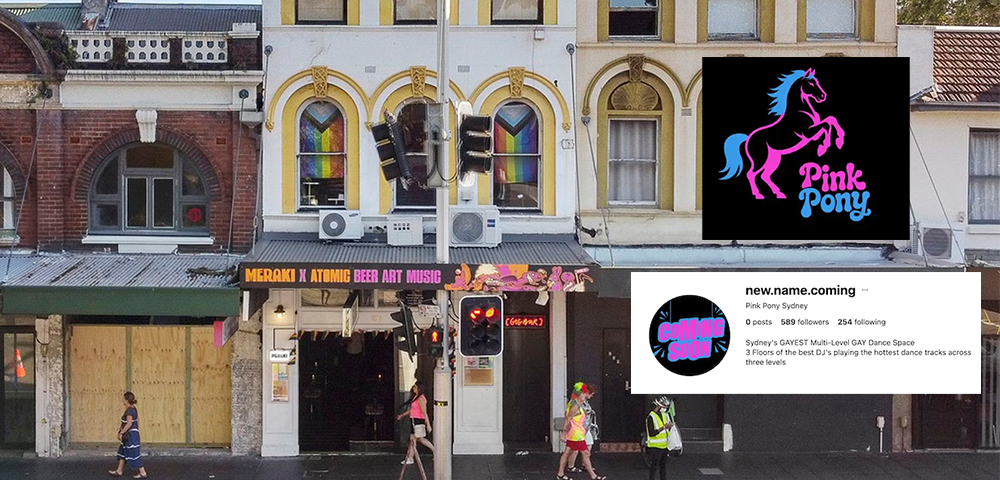
Ah, Cabaret
There were junkies, prostitutes, drag queens, wannabe stage stars and lecherous businessmen -“ and that was just at the after-show party.
Then there was the show itself. Tina Arena and Toby Allen were always going to be risky, simply because Sally Bowles and the Emcee are challenging acting roles, rather than vehicles for singers. Arena struggled with her English accent and lacked the sexy charisma onstage that she possesses offstage in abundance, although hopefully with time she will relax further. Toby Allen fared better, relishing his rampantly bisexual role. Nadine Garner stole every scene as a cynical prostitute (she sure ain’t a Henderson kid any more) and Judi Connelli gleefully blitzed the potentially irritating songs So What and What Would You Do?
In terms of direction and staging, the production is best understood with a little bit of theatre history. Director Sam Mendes (of stage and American Beauty fame) reworked the musical Cabaret in 1994, removing the duds from the score (e.g. Meeskite) and dropping in faves from the film (like Money). Mendes’s revitalising was lauded by the critics, although he only achieved what countless amateur (and high school) theatre directors have done for years. It works like this: take a show that was a better movie than a play (e.g. Grease) and graft on the hits from the flick, to create a musical mutant. The director becomes uber-dramaturg and even author, a disturbing development for some.
In addition, despite the misleading publicity, Mendes didn’t direct this production, although it was based on his original ideas. In this way, Cabaret is no different to the Xeroxed productions of Cats and Les Mis that were gobbled up in the 90s. It’s interesting, in a way that should prompt countless Honours theses, but it ain’t art. It also explains the strangely colour-by-numbers and emotionally detached feel to the show.
Having said all this, Mendes’s changes make for a better play than the original work and Cabaret remains a thought-provoking and fascinating piece of musical theatre. The juxtaposition of the toe-tapping Kit Kat Klub ditties against the harsher realities of the characters’ lives still has theatrical punch. As an adaptation of John Van Druten’s I Am A Camera (via Christopher Isherwood’s Berlin Stories), Cabaret captures the German civilian response to Nazism in a way that is punchy and sad. Even if the trope that decadence comes before a fall is a little annoying -“ given the attendant inference that debauchery actually reifies oppression -“ Cabaret remains a unique vision of a proto-queer utopia. It’s also a bona fide and professionally executed old-time musical, with the added bonus of a dash of intelligence.









